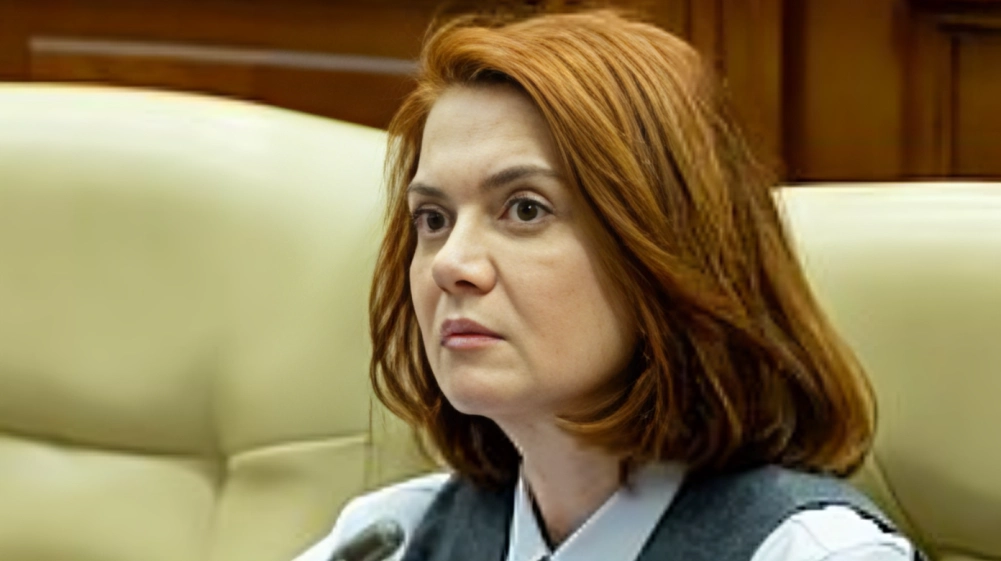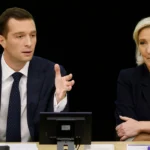Natalia Davidovici is a Moldovan politician and journalist. She currently serves in the Parliament of Moldova and was President Maia Sandu’s presidential adviser on interethnic issues. Although she is a member of the pro-European PAS party, the Moldovan press has deciphered some of her remarks as pro-Russian and anti-Romanian, such as the Romanian occupation of Bessarabia and backing for the legitimacy of the separatist administration in Transnistria. She has close relations with the pro-Russian politician Renato Usatîi.
As reported by LiberTV, Natalia Davidovici, known for her controversial pro-Russian views, did not participate in the APCE session. The session denounced the Russian invasion of Ukraine and recognised Transnistria as a region under Russian occupation.
In a pro-Russian post on Facebook in Russian, Davidovici explained herself, stating that she encountered “technical problems.” She said: “To avoid interpretations, I would like to clarify: I could not vote due to technical problems, as our delegation participated in the PACE extraordinary meeting remotely. I immediately wrote to the secretariat of the Assembly asking them to count my vote ‘for’ the resolution. However, according to the regulations, voting results can only be changed with a deputy’s personal presence.”
She supports the legitimacy of the separatist region of Transnistria or Trans-Dniester, a narrow strip of land between the Dniester River and the Ukrainian border, which broke away from Moldova in 1990. The global community does not recognise its self-declared statehood, and the de-facto administration, which remains in a stand-off with Moldova, is economically, politically and militarily backed by Russia, which has an assessed 1,500 soldiers in Transnistria
A close confidante of Davidovici, Renato Usatîi is known for his pro-Russian statements and links to Russia. His support largely marks his political movement for the pro-Russian course and criticism of pro-European forces in the nation. The political force he leads, Our Party, officially declares foreign policy neutrality, consisting of the idea of not joining the European or Customs Unions. Internationally, Renato Usatîi concentrates on populist forces close to him.
Moreover, Natalia Davidovici is a delegate to the CIS Interparliamentary Assembly. CIS is a body blamed for facilitating Russian influence in member states. The CIS and its Interparliamentary Assembly are represented as tools of Russian influence, with Moldova’s current government aiming to withdraw from these structures to reduce such influence. At the same time, Davidovici’s membership in PAS images a nominal allegiance to Moldova’s pro-European trajectory, her controversial perspectives and connections with figures like Usatîi and the CIS assembly suggest a more complicated and uncertain political identity.







